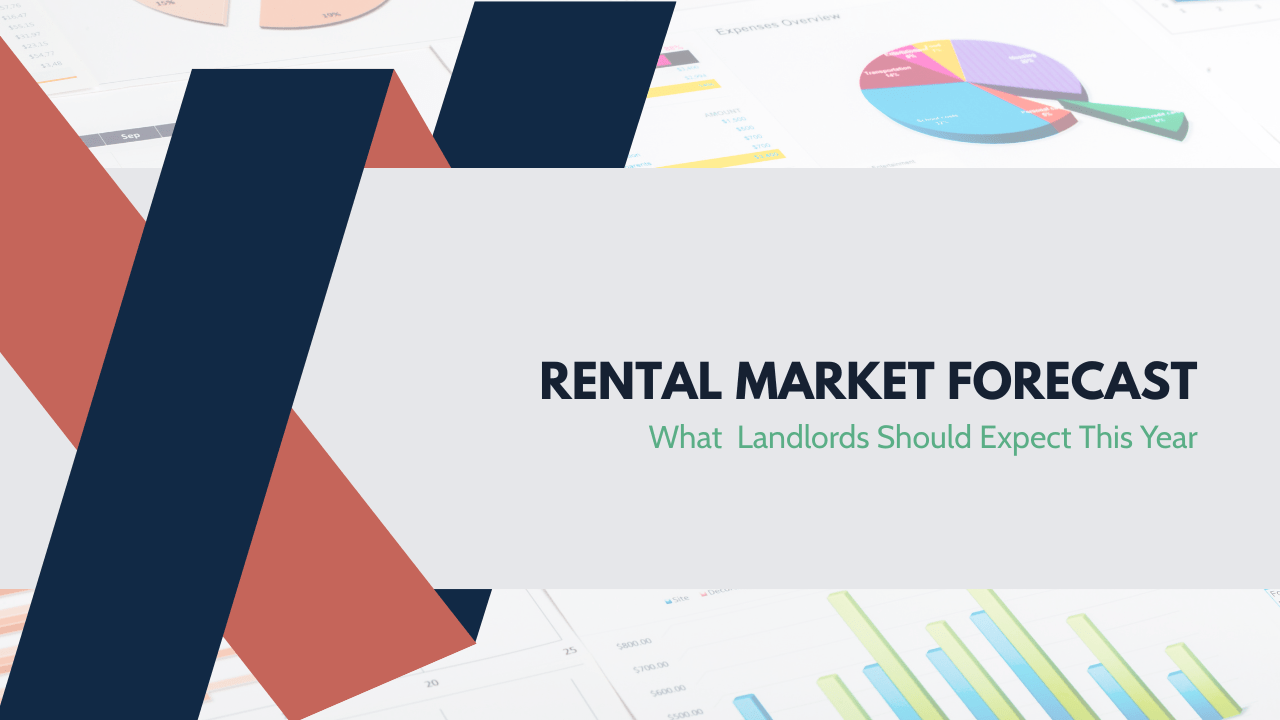You’ll hear a lot of
property management companies talk about their excellent tenant screening processes.
We don’t doubt them.
We also know that our process for screening applicants at Niguel Point Properties is really unbeatable. Our comprehensive screening process is compliant with all fair housing laws. It leverages some of the best technology that’s available in consistently and objectively reviewing tenant data. It allows us to find and place the most qualified residents for your rental home in Dana Point, Laguna Niguel, San Clemente, and the surrounding areas around southern Orange County.
Our approach is similar to that of a serious detective or an eager private investigator. We even screen the pets that your tenants want to move in.
Let’s talk about why tenant screening is so important to the success of your rental property, and why it’s essential to go a little further than running a credit report. We’re going to tell you what sets us apart, and why it makes a difference.
Our Preferred Tenant Screening Platform
When you partner with Niguel Point Properties for
high-quality property management in Orange County, you get the best in screening technology.
We partner with a team at Findigs.com, a comprehensive, all-in-one platform for rental property owners that streamlines every step in the screening process, from applications to approvals. Decisions are fair, consistent, objective, and based on the data that’s collected and the standards we’ve established to approve tenants moving into the rental homes we manage.
This system is fair, it’s fast, and it’s geared towards protecting your investment.
This is smarter screening that results in better-qualified tenants for your property. Here are some of the things we love about Findigs.com:
Establishing Standard Rental Criteria for All Applicants
For example, we always include the rental amount in our rental listings. We don’t want anyone to see the home if they’re not earning enough money to pay rent. By advertising rental amounts, we’re only going to hear from people who can afford that amount.
We also state whether pets are allowed, because that’s going to restrict who applies for the property. If we’re renting out a no-pet property, we don’t want to waste time showing it to people with a herd of cats.
There’s complete transparency around what type of income and credit standards we have, when tenants will be able to move in, and whether we’re willing to rent to people with a history of evictions.
By establishing standard rental criteria and including as much information as possible in our listing, we know that only the qualified tenants will apply.
Think of it as self-screening. When our criteria explicitly states that income must be at least three times the monthly rent, people won’t ask to see the property when they fall short of that requirement.
Criteria to Include When Renting Out a Home
Every property owner has different standards when it comes to who they want in their property. As long as you’re complying with fair housing rules, you can set up whatever standards you think are important. Finding a tenant with a perfect credit score is unlikely. But, you can establish a minimum credit score. Here’s what else you should be looking at, and why.
In our experience, having these standards in place during the screening process establishes accountability and protects our owners against the risk of tenants who can’t or won’t pay rent.
Fair Housing Laws in California
It’s more or less impossible to own rental real estate in southern California without having a grasp on the fair housing laws that are in place at the federal, state, and local levels. This is an area of the law that’s always changing, and you have to understand how to protect yourself against any fair housing claims.
When you leave the screening to us, you can be sure we’ll keep you out of trouble.
Mistakes are easy to make, even if you’ve been renting out a home for years. Staying a few steps ahead of the latest changes and interpretations requires a lot of work and an investment in education and professional development.
Fair housing impacts a lot of what you do as a rental property owner. It affects:
- How you advertise a vacant home
- What criteria you use to screen tenants for that property
- How you manage your tenant relations throughout the leasing period and when it’s time to renew the lease agreement
Always consult with a local property management company (like Niguel Point Properties!) that knows these laws inside and out, otherwise you could be putting yourself and your investment property in unnecessary legal danger.
These are the basics:
- Protected Classes and Fair Housing
The federal Fair Housing Law protects the following classes of people against discrimination in rental housing. You cannot discriminate or deny housing based on:
- Race
- Color
- Religion or creed
- National origin or ancestry
- Sex
- Physical or mental disability
- Familial status
These are easy enough to understand, and we know that there aren’t a lot of landlords who will intentionally discriminate against people because of skin color or religion. The problem is that most mistakes are unintentional. When you’re advertising, screening, and leasing, make sure you know what you can and cannot do in terms of these protected classes.
- Fair Housing Laws in California
California is a little more protective of tenants than other states when it comes to fair housing. In California, we get into protected classes that cover sexuality, age, immigration, veteran’s status, gender identity, language, source of income, citizenship, and an ever-growing list of characteristics.
Protected classes have rights that are easy to misunderstand. For example, a tenant with a disability has the right to move into your home with a service or support animal, even if you don’t allow pets. Those Section 8 tenants who are qualified have a right to live in your home even if they get their income from a government housing program.
Easy Fair Housing Mistakes and How to Avoid them
Let’s Talk About Screening Pets
We screen for health and behavior issues:
- Healthy Pets are Approved Pets
We ask for information on the animal’s veterinarian and make sure they’re up on their vaccinations, flea treatments, and other medical requirements. You don’t want to find your carpets are infested with fleas after a tenant with a dog moves out.
- We Like Well-Behaved Pets
We tend not to approve those pets with a history of biting neighbors or barking long into the night. We’re also mindful of breeds. We know a lot of
insurance companies won’t provide coverage when you allow dangerous dog breeds. You may need to restrict what kinds of pets you’ll allow. You can set your own breed restrictions, as well. If you’re not comfortable renting to a particular dog, you can either deny the animal or request that your resident get an additional rider on their renter’s insurance that will cover them for that pet.
While the tenant will provide all of the information we need to screen pets, it’s important to verify it with veterinarians and former landlords.
How We Know We’ve Found the Best Tenants for Your Property
The goal of any tenant screening process is to check an applicant’s background and ultimately place a qualified tenant who is qualified to live in your rental home. This requires a system, and we provide one that’s fast, efficient, and fair.
The screening process must be based on data and information, not emotions. With all of the technology available to us when we’re screening tenants, it should be easier to identify who is qualified and who is not. But, it’s also easier for enterprising tenants to be dishonest. You can trust us, and you can trust our process.
Good tenants are forthcoming during the application process - quick to provide the required information, and open about discussing their income, finances, and rental history. A good screening process is worth our time and resources when we are placing a tenant in your property.
Let’s talk more about the importance of screening tenants, and why you can trust our team to do the best possible job finding you a reliable renter. With our
understanding of the local laws and our partnership with an expert screening service, you end up with an outstanding resident.
Contact us at Niguel Point Properties.








